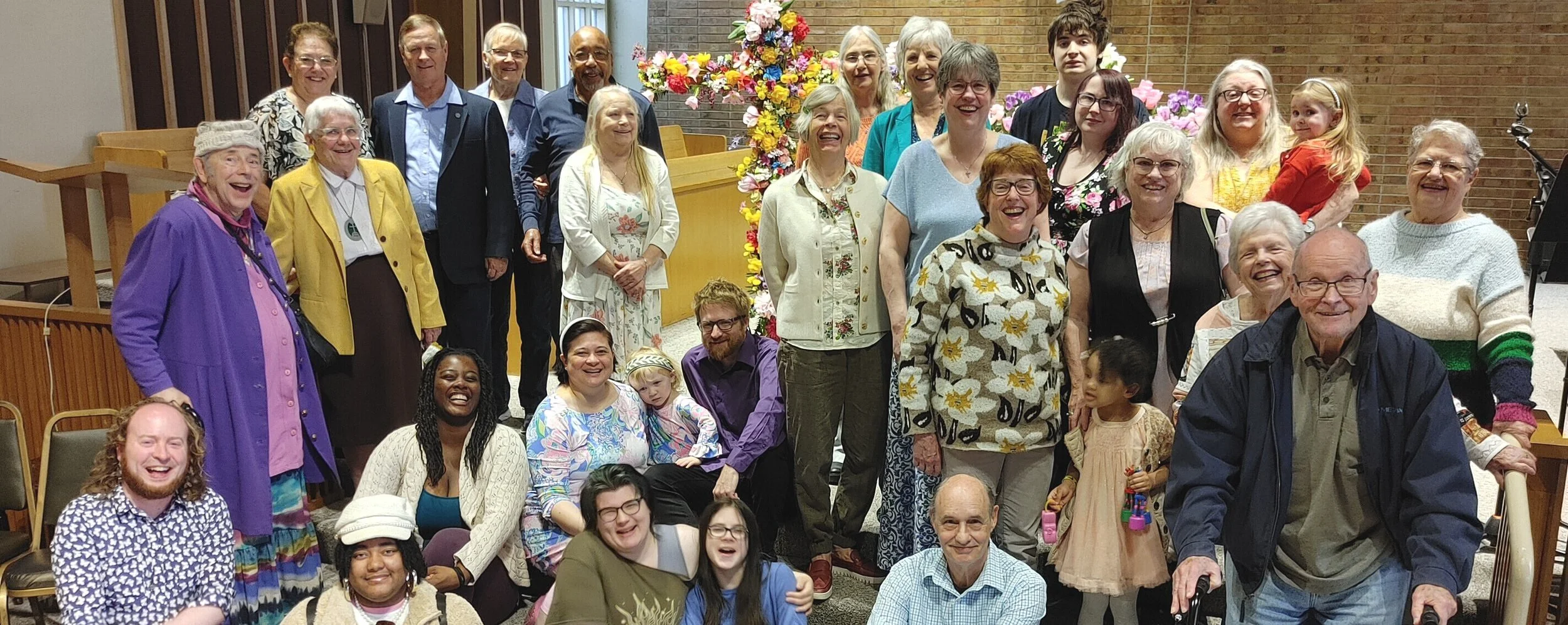Who We Are
A place that encourages the life of Christ within us
We all have Christ with us at all times. God continues to speak and continues to reveal himself. God welcomes our questions. We just need to listen. We encourage each other to listen and act. It is through Christ that our lives are transformed.
A safe place to rest and recreate
Life is hard and the world can be a cruel place. We offer sanctuary where the armor of living can be set aside and we can nurse each others wounds and celebrate small victories in a safe environment.
A non-judgmental place without retribution
We all have different life experiences. We all carry our baggage on our backs. Nobody knows everything we have been through. No one has the right to judge us. We lift up our differences instead of putting down our fellow human beings.
A body of people advocating for and protecting each other
Nobody should be put down, judged or abused. We reserve the right to go out of our way to advocate for and shelter each other.
A place of diversity and acceptance of all individuals
We are all children of God. We all look like God. And so we welcome all God’s children with no exceptions.
A caring body reaching out to help the community
We cannot solve all the woes of the world, but we can address what is right in front of us. We care about our community and the suffering that goes on within it and so we act.
Church heritage
The United Church of Christ was formed in 1957 with the union of two Protestant churches: the Evangelical and Reformed Church and the Congregational Christian Churches.
The Congregational Churches began with the Pilgrims of Plymouth Plantation (1620) and Puritans of the Massachusetts Bay Colony (1629).
Founded in 1725, the U.S. Reformed Church had its beginnings with congregations of German settlers in PA.
The Christian Churches began in the late 1700s and early 1800s.
The Evangelical Synod of North America reflected the values of a 1817 union between Lutheran and Reformed churches in Germany.
Many people of diverse backgrounds have found a home in the UCC. Members of other traditions including Roman Catholic, Evangelical, LDS, and Pentecostal Christians have found the UCC, as have gay and lesbian Christians rejected by other churches.
The UCC celebrates and embraces a broad variety of traditions in its common life.


